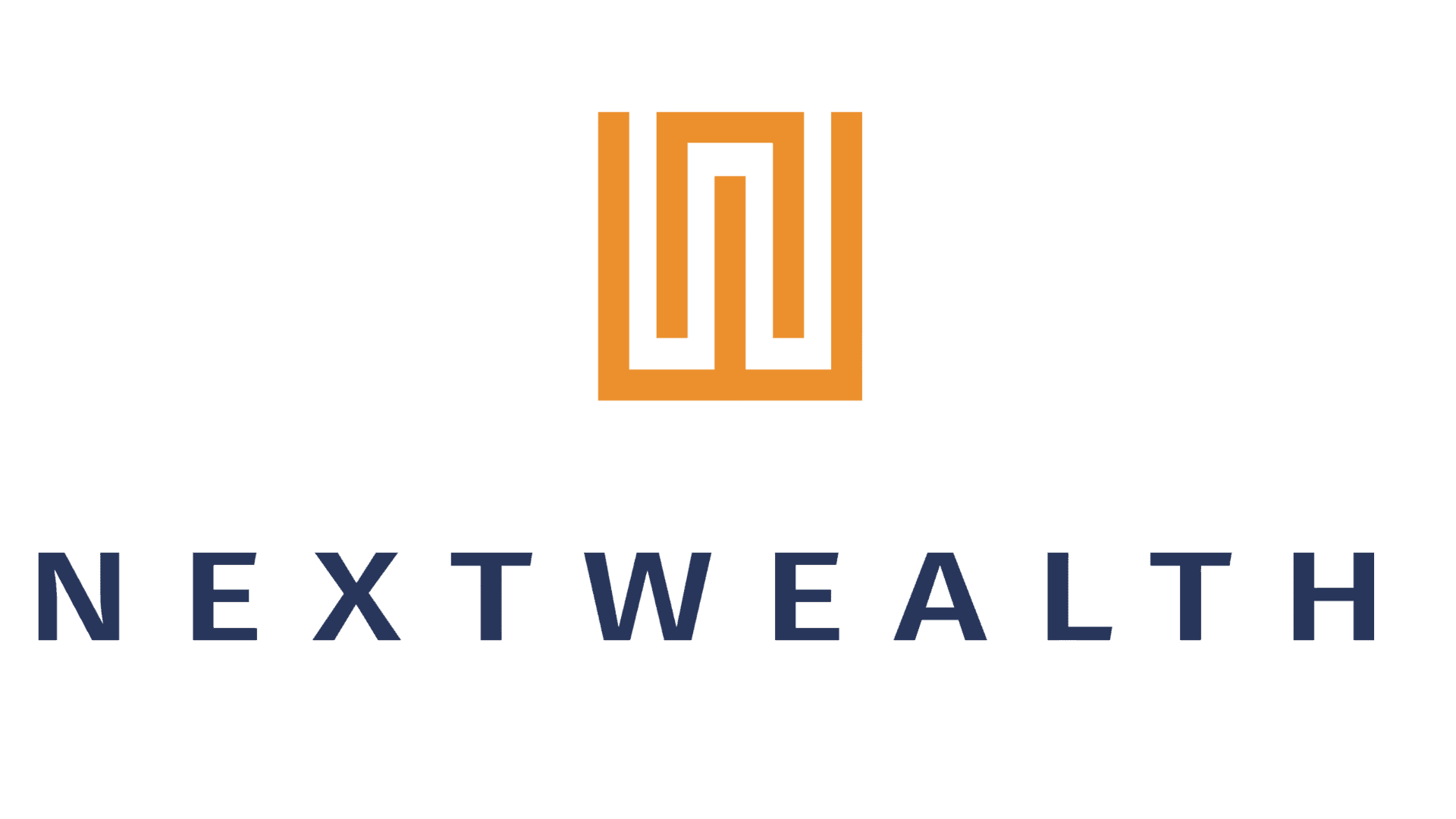Retirement Market Regulation and Innovation
By Heather Hopkins | 31 October 2018 | 3 minute read
Many expected the Chancellor to succumb to temptation and implement a flat rate of pension tax relief to boost the treasury coffers in this week’s budget. In fact he didn’t. Nor did he make any changes to reduce the annual allowance in the Autumn Budget. But this may only represent a stay of execution.
The wider point here is that it is difficult to foster confidence and engagement in pension saving in an environment of seemingly constant legislative and regulatory change. And how do we prioritise innovation when so much time and investment is required to meet new directives? We might have dodged a bullet on pensions this week, but whether future reforms are for good or ill, it seems certain that they will come. We should therefore consider?how we manage these changes without downing tools on the initiatives that we believe will improve retirement outcomes for investors.
Our report, The UK Retirement Market: Regulation and Innovation in the Next 5 Years, published today and kindly supported by Bravura Solutions, looks ahead at how regulation and innovation will develop in this market and where we should focus our efforts.
The next five years will be critical in establishing a framework that supports better retirement outcomes. We must make the transition from nudging employees into investing to nudging them to take income with as little friction as possible.
To do this, we argue that there should be three areas of focus:
1. Engage employees earlier and more effectively in their income choices through the workplace
One example of this is improving existing communications. We believe the pensions dashboard will eventually launch. In the meantime, communications should be an area of focus. The simplified annual statement holds some promise but is reliant on cooperation across the industry to deliver it. We have been impressed by the results of video benefit statement trials. Given the rise of video as a medium, particularly for younger generations, this seems an obvious path for providers to increase engagement and drive better outcomes.
2. Ensure regulation focuses on better outcomes and not just on competition
Experience of driving ‘shopping around’ in the annuity market has shown that better competition will not necessarily always drive better outcomes. Inertia and other aspects of behaviour will always get in the way of people making the right choices. More direction from industry, government and regulators will be needed. The rhetoric around pension freedom has focused too much on what people can do rather than what they should do?
3. Change the focus from product innovation to blending products for more dynamic solutions
As generous defined benefit pensions fall away, we will need to be more imaginative in how we structure income solutions. In particular, the use of fixed withdrawal rates for creating sustainable lifetime income from drawdown is unrealistic. We need to embrace more dynamic strategies that recognise that income has to adjust to market performance. Asset managers and platforms should also consider whether they are making the most of the reliefs that are available to pension investors. We believe not all are doing all they can.
By building dynamic solutions we are better positioned to flex to the changing environment, whether that encompasses market volatility or reform of pensions tax relief.
Our report provides food for thought on where to focus. Perhaps we should send Philip Hammond a copy?
To enquire about buying the report, please get in touch.
About the Author
Miranda is Research Director at NextWealth. Miranda brings over a decade of experience in analysing financial services in the UK and Europe covering: banking and consumer finance; insurance – general and commercial; investment distribution; life and pensions and capital markets..


